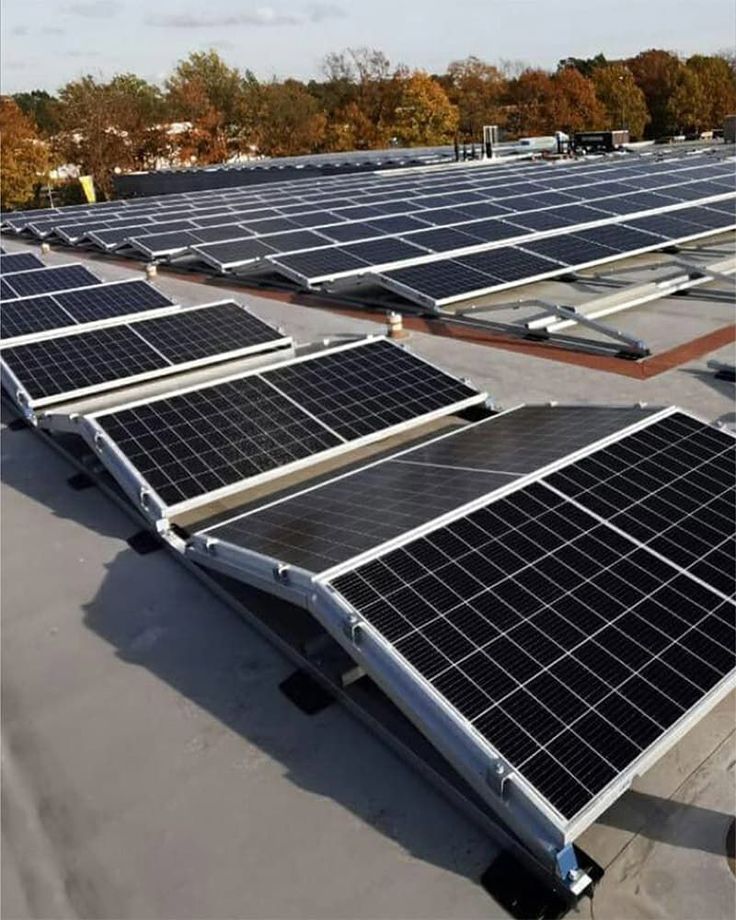Installing a home solar power system is a significant investment, but its primary appeal for many homeowners lies in the substantial financial savings it can deliver over its lifespan. Beyond the environmental benefits, going solar offers a clear path to reducing and even eliminating your monthly electricity bills, providing long-term financial predictability and increasing your property’s value. Understanding how these savings accrue can help you fully appreciate the economic advantages of solar energy.
1. Reduced or Eliminated Electricity Bills
The most direct and immediate way solar panels save you money is by generating your own electricity. When your solar system produces power, your home consumes that free, clean energy first, reducing the amount you need to purchase from your utility company.
- Lower Monthly Payments: For many homeowners, this translates to a dramatic decrease in their monthly electricity bills. Depending on your system’s size and your energy consumption habits, you might even see your bill drop to the minimum service charge.
- Protection Against Rate Hikes: Utility electricity rates have historically risen over time. By generating your own power, you become less vulnerable to these unpredictable increases, effectively locking in your electricity costs for decades.
2. Net Metering and Energy Credits
Many regions offer “net metering” programs, which are crucial for maximizing your solar savings.
- How it Works: When your solar panels produce more electricity than your home is using at a given moment (e.g., during peak sun hours when you’re at work), the excess power is automatically sent back to the utility grid. Your electricity meter literally spins backward, or a smart meter records the outflow.
- Credits and Compensation: Your utility company then credits your account for this excess electricity. These credits can offset the cost of electricity you draw from the grid at other times (like at night or on cloudy days). In some cases, if you produce significantly more than you consume, you might even receive a payout from the utility.
- Optimizing Net Metering: The value of net metering varies by location and utility policy. Understanding your local program is vital for calculating potential savings.
3. Federal Solar Investment Tax Credit (ITC)
The federal Solar Investment Tax Credit (ITC) is one of the most significant financial incentives for homeowners going solar in the United States.
- Current Value: The ITC allows you to deduct a substantial percentage of the cost of your solar energy system from your federal taxes. The exact percentage can change, so it’s important to check the current rate (e.g., 30% for systems installed in 2025).
- Direct Reduction: This is a direct reduction of your tax liability, making solar significantly more affordable. It applies to the total cost of the system, including equipment and installation.
4. State and Local Incentives
Beyond the federal ITC, many states, counties, and even local utility companies offer additional incentives to encourage solar adoption.
- Rebates: One-time payments or credits that reduce the upfront cost.
- Performance-Based Incentives (PBIs): Payments based on the amount of electricity your solar system generates.
- Property Tax Exemptions: In some areas, adding solar panels will not increase your property taxes, despite increasing your home’s value.
- Sales Tax Exemptions: You might be exempt from paying sales tax on solar equipment.
Researching the specific incentives available in your area is crucial for a complete financial picture.
5. Increased Home Value
A solar power system is a home improvement that not only saves you money but also adds tangible value to your property.
- Higher Resale Value: Studies consistently show that homes with solar panels sell for more and often faster than comparable homes without solar. Buyers are increasingly willing to pay a premium for a home with lower energy bills and a reduced environmental footprint.
- Improved Energy Efficiency Rating: Solar panels can significantly boost your home’s energy performance rating, making it more attractive to environmentally conscious buyers.
6. Long-Term Return on Investment (ROI)
While the upfront cost is a consideration, solar panels are a long-term investment. Most systems are warrantied for 25 years or more, and the payback period (the time it takes for your energy savings to equal the initial investment) typically ranges from 6 to 12 years, depending on factors like system cost, electricity rates, and available incentives. After the payback period, the electricity generated is essentially free, leading to pure savings for the remainder of the system’s life.
Maximizing Your Solar Savings
To maximize your financial benefits from a home solar power system:
- Right-Size Your System: Work with a reputable installer to determine the optimal system size that meets your energy needs without overproducing unnecessarily.
- Compare Quotes: Get multiple quotes from different solar companies to ensure competitive pricing and the best equipment for your budget.
- Understand All Incentives: Make sure you’re aware of and apply for all federal, state, and local incentives you qualify for.
- Consider Battery Storage: While adding to the upfront cost, a solar battery can further increase your savings by allowing you to store excess energy and use it during peak-rate hours or outages, reducing your reliance on grid power.
By carefully planning and leveraging available incentives, a home solar power system can be one of the most financially rewarding improvements you make to your property, delivering substantial savings for decades to come.



